|
International Mother Language Day exists to promote linguistic and cultural diversity and multilingualism. In honor of International Mother Language Day, Rebeca Sosof from our Maternal Child Health Project tells us about their work in Tz'utujil- the mother language to most of our beneficiaries.
1 Comment
At Pueblo a Pueblo, we are constantly aiming to improve and expand our impact alongside the communities we work with. We have a total of nine projects, ranging from maternal health access to literacy programs to school sanitation initiatives. Recently, project coordinators shared what they want to accomplish this year, with help from the Pueblo a Pueblo team, community members and supporters like you. Vilma Mendoza, the Maternal and Child Health Project Manager, is excited to continue keeping moms and kids healthy with our Maternal and Child Health Project. Maternal and Child Health will continue supporting mothers with knowledge about nutrition and vaccinations, and this year, she wants to spend more time talking about family planning methods. Her goal is to empower the mothers with knowledge about their own health and the confidence to ask their doctors questions about their personal and child’s health. Our Family Planning Champions (FPC) Project also wants to make 2018 the year to prioritize women’s overall health. Until recently, FPC has focused heavily on informing women about family planning methods and subsidizing birth control. In 2018, FPC is going to expand its mission to discuss women’s rights to healthcare, access and community building. The Guatemalan school year began in early January. Our Primary Education Scholarship (PES) Project began the year by distributing backpacks and school supplies to 99 sponsored students. This enables the families to save what they’ve earned. Johanny Quieju, the Primary Education Scholarship Project Manager, says that although she’s happy we were able to support 99 children with school supplies and sponsorships, her goal for this year is for the program to increase the amount of sponsored students to 150 through community outreach. Our Pathways to Literacy (PTL) Project also has expansion goals for 2018. Esther Dominguez, the Pathway to Literacy Project Manager, wants to work with the community to open a new school library to “spread the joy of reading to more children and continue to promote literacy in rural Guatemala.” In addition to opening a new library, Esther and the PTL team is on a mission to continue working with school teachers to increase the number of students who borrow books and improve reading comprehension. Our Water and Sanitation Hygiene (WASH) in Schools Project wants to add another bathroom to the list in 2018. Pablo Eugolio, our Water and Sanitation Hygiene (WASH) in Schools Project Manager, is determined to work with community members to improve and add new bathrooms in the elementary school in the Aguas Escondidas Community. This is the biggest school we’ve ever worked with, and they have only three functioning toilets for over 2,000 students. The WASH team is also aiming to provide hygiene trainings and establish a partnership between Baobab and the ministry of education in Santiago, Atitlan, to make organic soap available in every school. “Making sure soap is available in these school is critical. Without it, the children can’t practice proper hygiene habits or reduce diseases that often keep them home sick,” said Pablo. The School Nutrition (SN) Project has is packing a lot of training into the 2018 school year. The project team wants to provide cooking classes to mothers and students in five different schools. The goal of these trainings is to introduce them to less commonly used vegetables and their nutritious benefits. During these trainings, participants learn how to incorporate the vegetables into their diets with easy and delicious recipes. In 2018, Ana Cabrera, the Organic School (OSG) Project Manager, wants to take organic gardening beyond the school and into the wider community. The OSG team is working to create an educative garden in the Panabaj Community. “It is going to be a space that is open to anyone interested in learning about organic gardening techniques,” explained Ana. Ideally, this garden would become a place for workshops about soil, vegetables and composting, or for anyone who wants to test out their green thumb. The beekeepers from our Beekeeping for Coffee Farmers Project and the members of our Youth Leadership Project will also be receiving trainings this year. One goal is to learn how to turn a honey harvest into a lucrative business. The Youth Leadership beneficiaries will continue developing their business plans. In 2018, the Beekeeping Project will work alongside beneficiaries to teach and implement business management and learn about financial management and teamwork building. The goal of these trainings is to empower both groups and create confident and successful entrepreneurs.
One by one, with children in hand, mothers stepped into the Pueblo a Pueblo office in Santiago Atitlan to attend the monthly workshop. Our Maternal Child Health Project aims to provide support to mothers and their children during their most vulnerable periods of pregnancy and early childhood, until five years old. This support includes pre- and post- natal care, making health services more accessible. Mothers also learn a lot from our monthly educational workshops on topics like women’s empowerment; reproductive rights; and, this month’s topic, the importance of proper nutrition for their family’s well-being. This is an especially important topic for mothers who live in the Department of Solola, where 66% of children under age five suffer from chronic malnutrition.* Chronic malnutrition during childhood can not only lead to infant mortality, but the effects are seen over the long term -- effects like stunting, delay of cognitive development, and poor school performance. Vilma Mendoza Sosof, Manager of the Maternal Child Health Project at Pueblo a Pueblo, says that malnutrition is one of the biggest health issues; it stems from a lot of factors. One of the biggest reasons is “lack of economic resources” Vilma said. “But it’s also a lack of knowledge on what proper nutrition is and how to take advantage of foods to get the most benefit from them,” she explained. The nutrition workshop focused on some of these factors by using local ingredients to make low-cost rice patties with a beet salad -- which were rich in calcium, vitamin A and vitamin C -- and beet lemonade, which was delicious and which the kids were able to help make! We hope that the beneficiary mothers use the skills and information from the workshops, feel empowered to improve their family's health through nutrition and form healthy eating habits for their families. Vilma says that “by using local and common ingredients we want to show that eating healthy doesn’t require fancy ingredients or complicated cooking instructions, it’s easy to turn your leftovers into a new and nutritious meal that the kids will enjoy.”
*Guatemala National Institute of Statistics (2017) |
Categories
All
Archives
April 2021
|
Pueblo a Pueblo Blog
Right from Santiago Atitlán to your computer. Your window into our world. Thanks for reading and comments are welcome!
|
Guatemala Office
Cantón Tzanjuyú Santiago Atitlán, Sololá (+502) 7721.7449 (Callers in Guatemala) +1 (920) 383-1506 (Callers in the U.S.) U.S. Mailing adress Natik Esperanza 2700 Mayan Drive Fort Lauderdale, FL 33316 |
Pueblo a Pueblo has been awarded GuideStar's 2019 Gold Seal for Transparency, meets the BBB Wise Giving Alliance's Standards for Charity Accountability, and was named a finalist for the National Coffee Association's 2019 Origin Charity of the Year award.
|

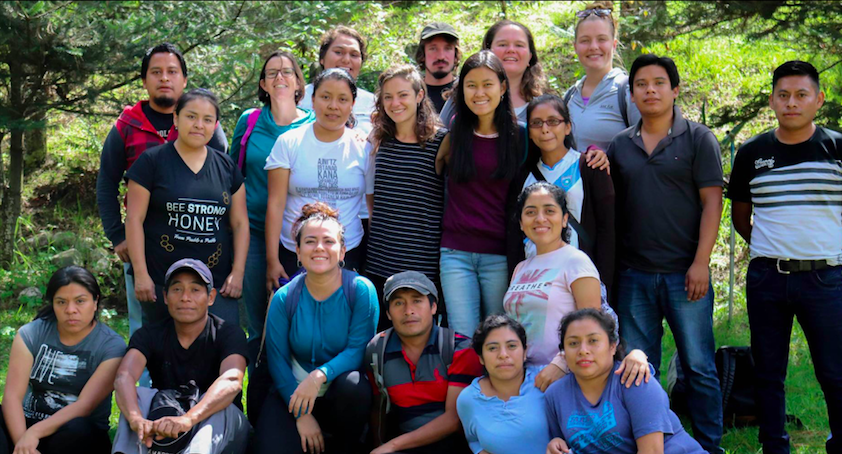
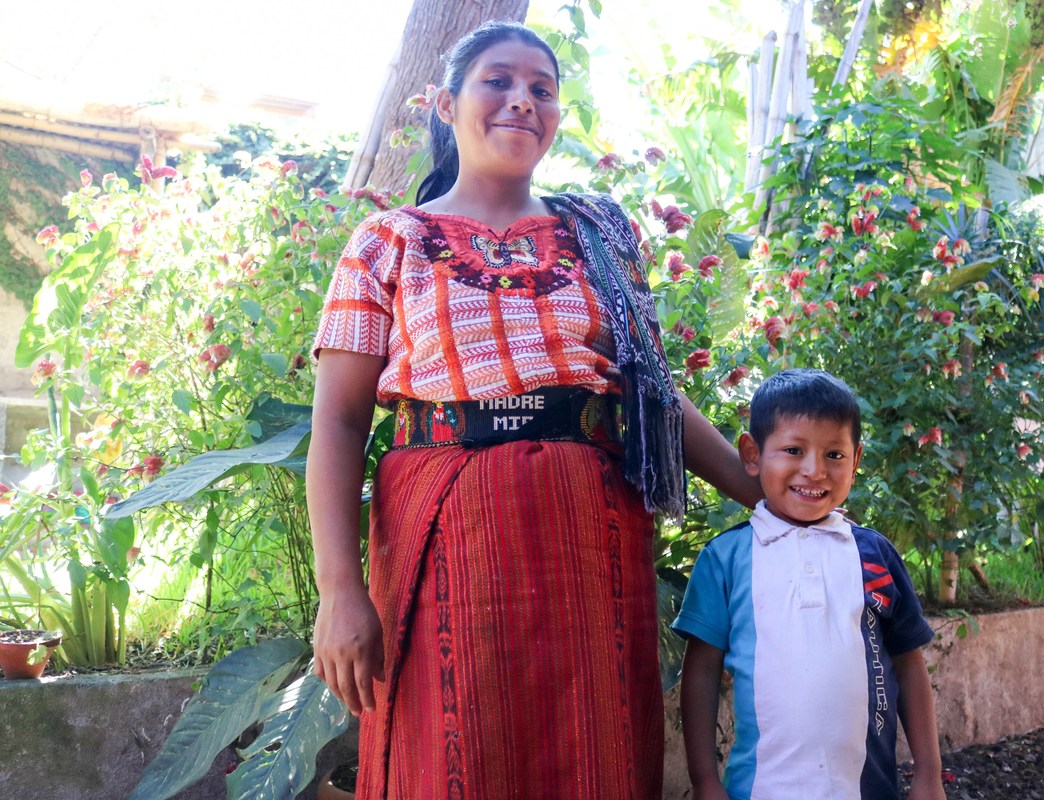
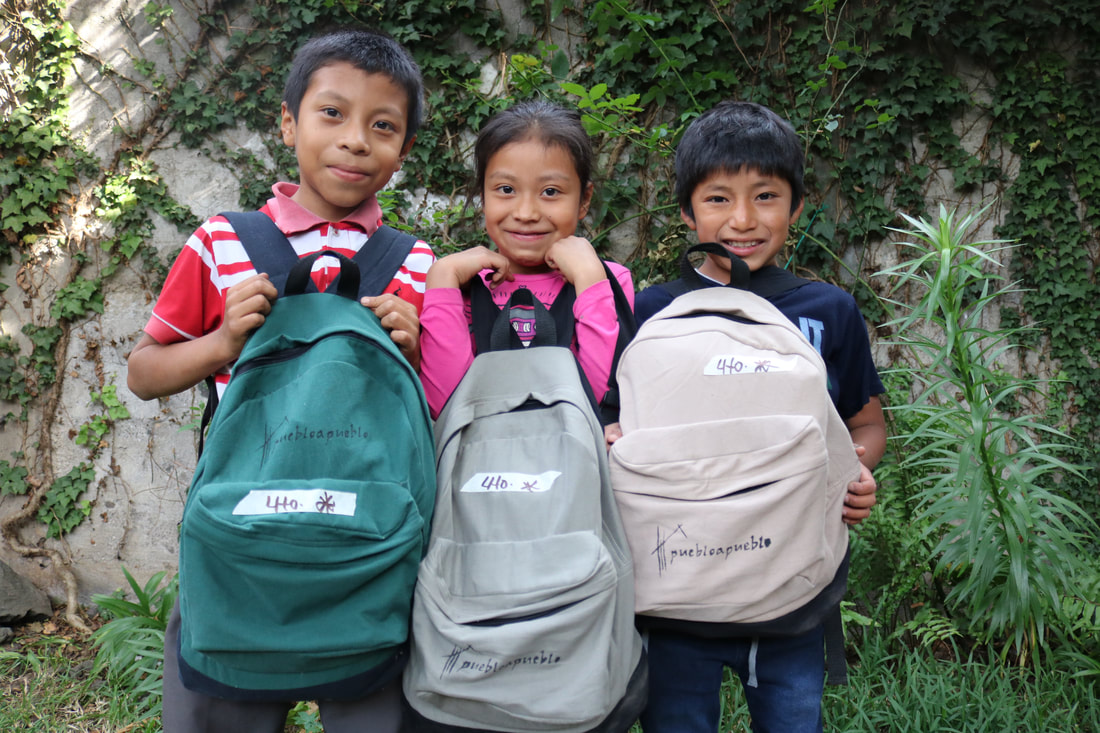
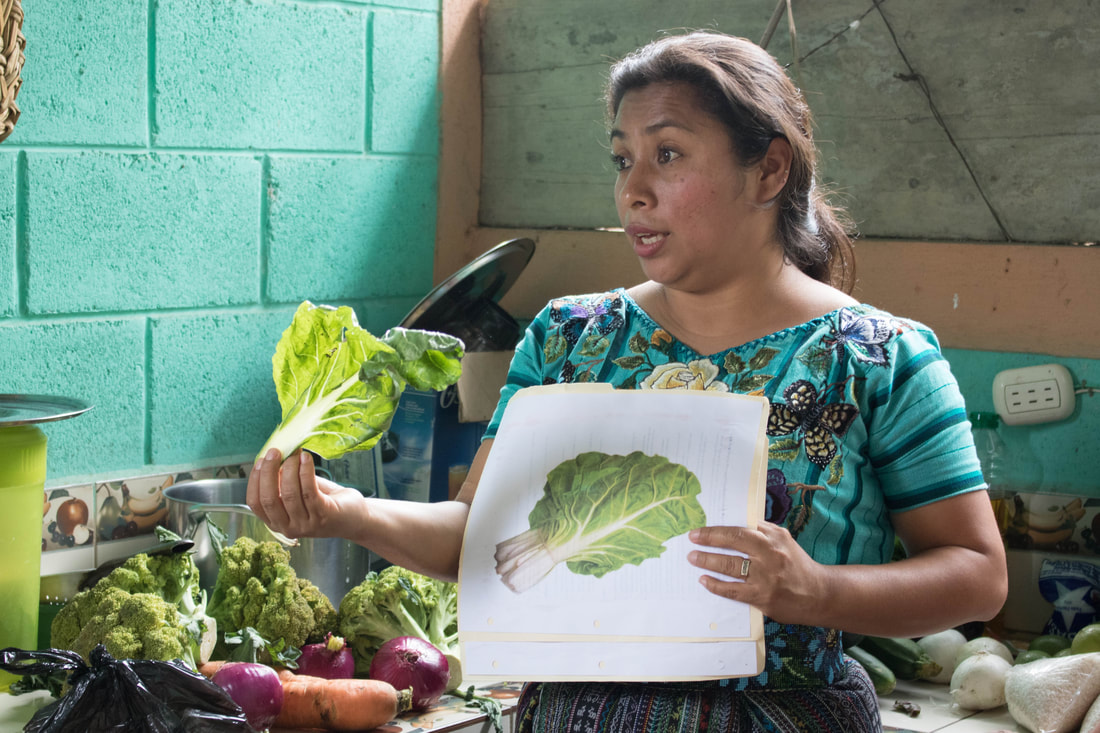
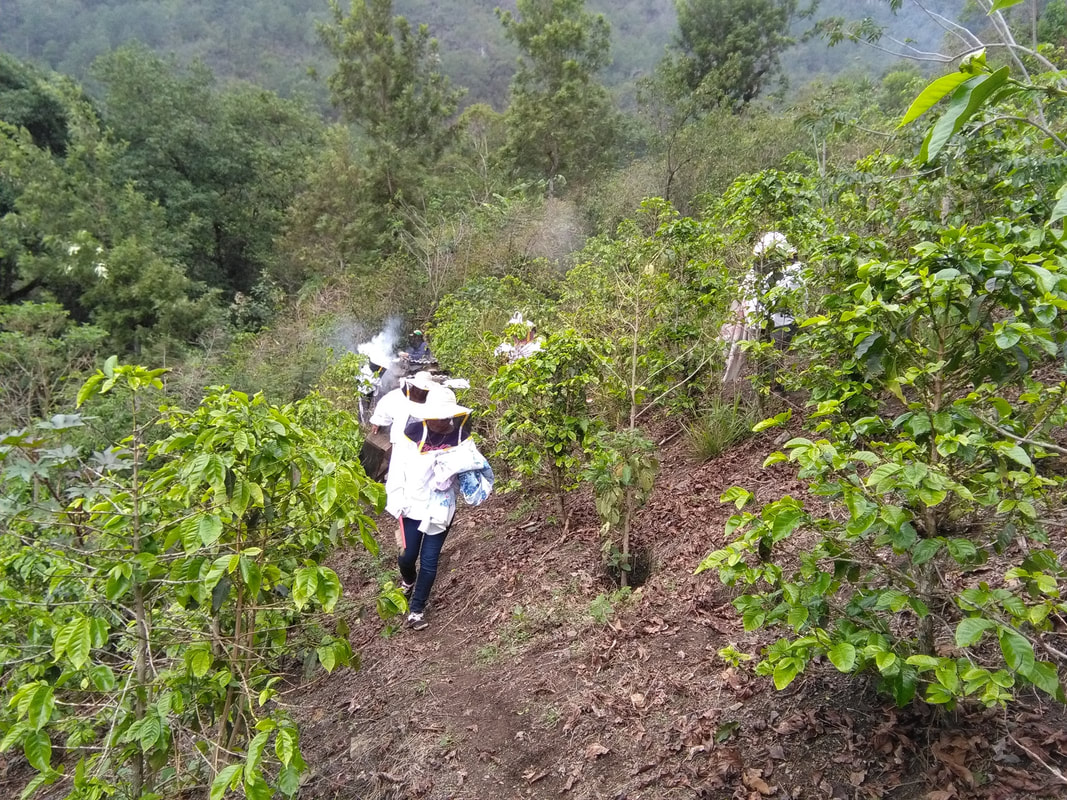
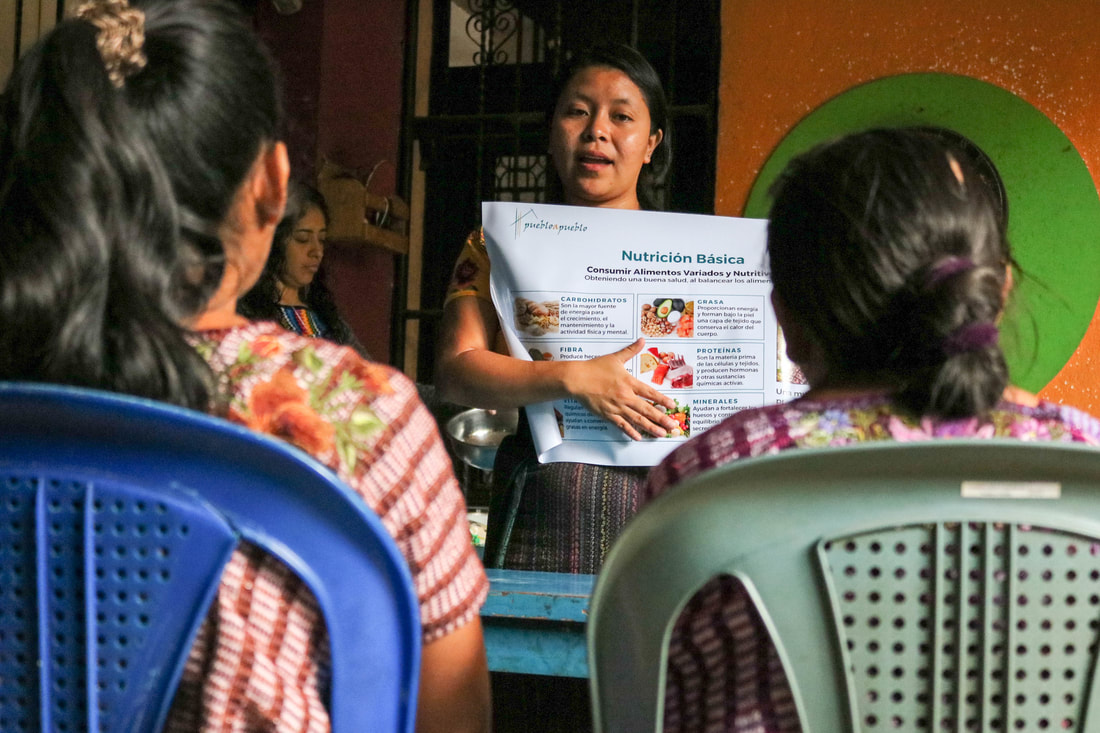
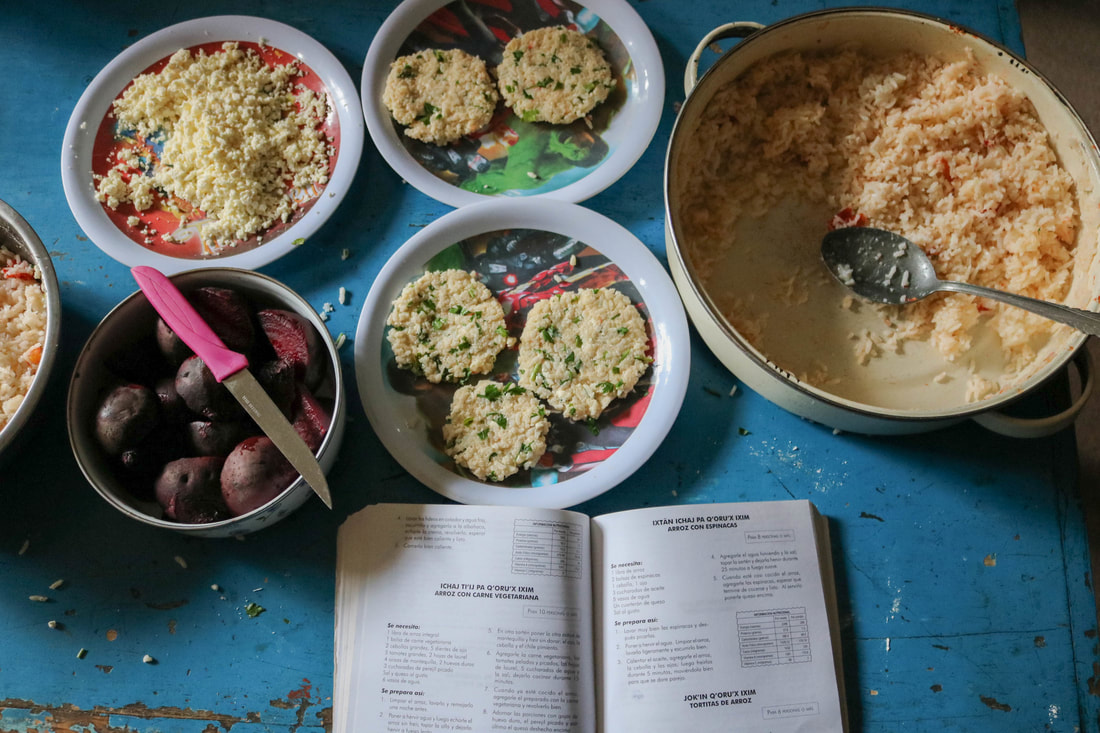
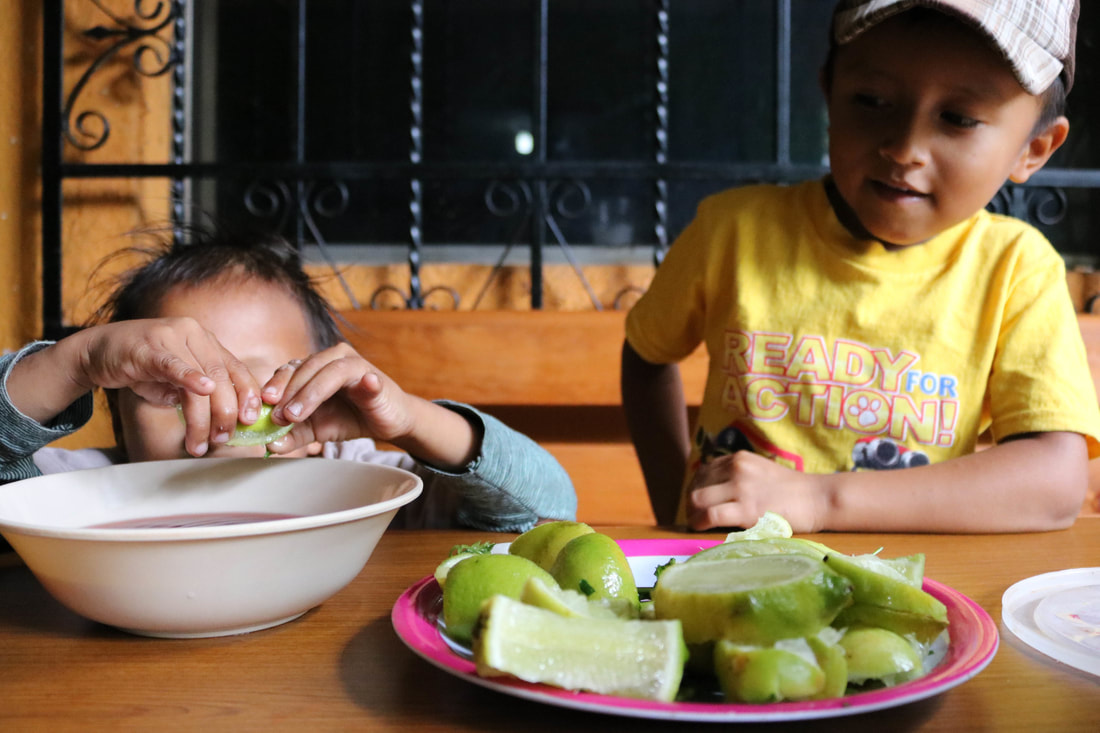
 RSS Feed
RSS Feed